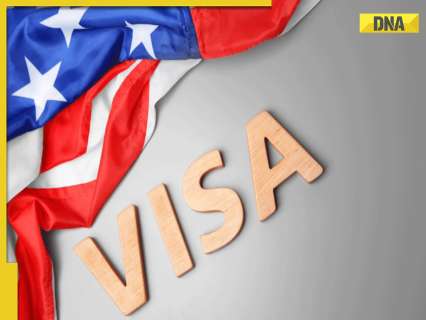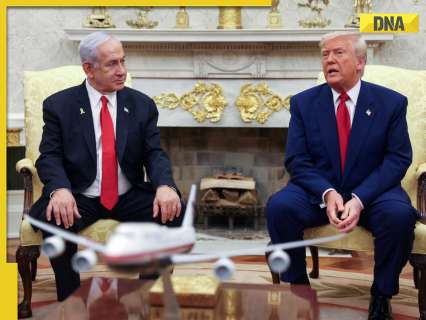Now Reading: What is ‘Einstein visa’ and why are skilled workers considering it as alternative to H-1B visa? It offers direct path to…
-
01
What is ‘Einstein visa’ and why are skilled workers considering it as alternative to H-1B visa? It offers direct path to…
What is ‘Einstein visa’ and why are skilled workers considering it as alternative to H-1B visa? It offers direct path to…

To qualify under the ‘extraordinary ability’ category, applicants must provide strong evidence of their achievements.
As the Trump administration continues to tighten visa rules, many skilled professionals are turning their attention to the EB-1 visa — often called the “Einstein Visa” — as a promising alternative to the H-1B visa. The EB-1 visa is designed for individuals with “extraordinary abilities” in fields like science, arts, education, business, or athletics. It also includes categories for “outstanding professors or researchers” and “certain multinational managers or executives.” While it is harder to qualify for than the H-1B, the EB-1 visa is a direct path to obtaining a US green card.
Recently, concerns have been raised over the growing number of agents on platforms like LinkedIn, Facebook, and Telegram who claim to offer “guaranteed EB-1 visas.” According to a report by The Print, these agents are ghostwriting research papers and fabricating achievements to help applicants appear eligible for the visa. These shady practices have alarmed immigration experts.
To qualify under the “extraordinary ability” category, applicants must provide strong evidence of their achievements. This includes national or international awards, published material, or original contributions in their field. Applicants can file for this category independently by submitting Form I-140, Petition for Alien Worker, to the US Citizenship and Immigration Services (USCIS).
For the “outstanding professors and researchers” category, a US employer must submit the Form I-140 on the applicant’s behalf. The employer also needs to show they can pay the promised salary through documents like tax returns or annual reports.
Similarly, for multinational managers or executives, the employer must also file Form I-140 and prove their ability to pay the wage.
Although the EB-1 visa is more selective than the H-1B, it offers a significant advantage — it can lead directly to permanent residency in the US.























